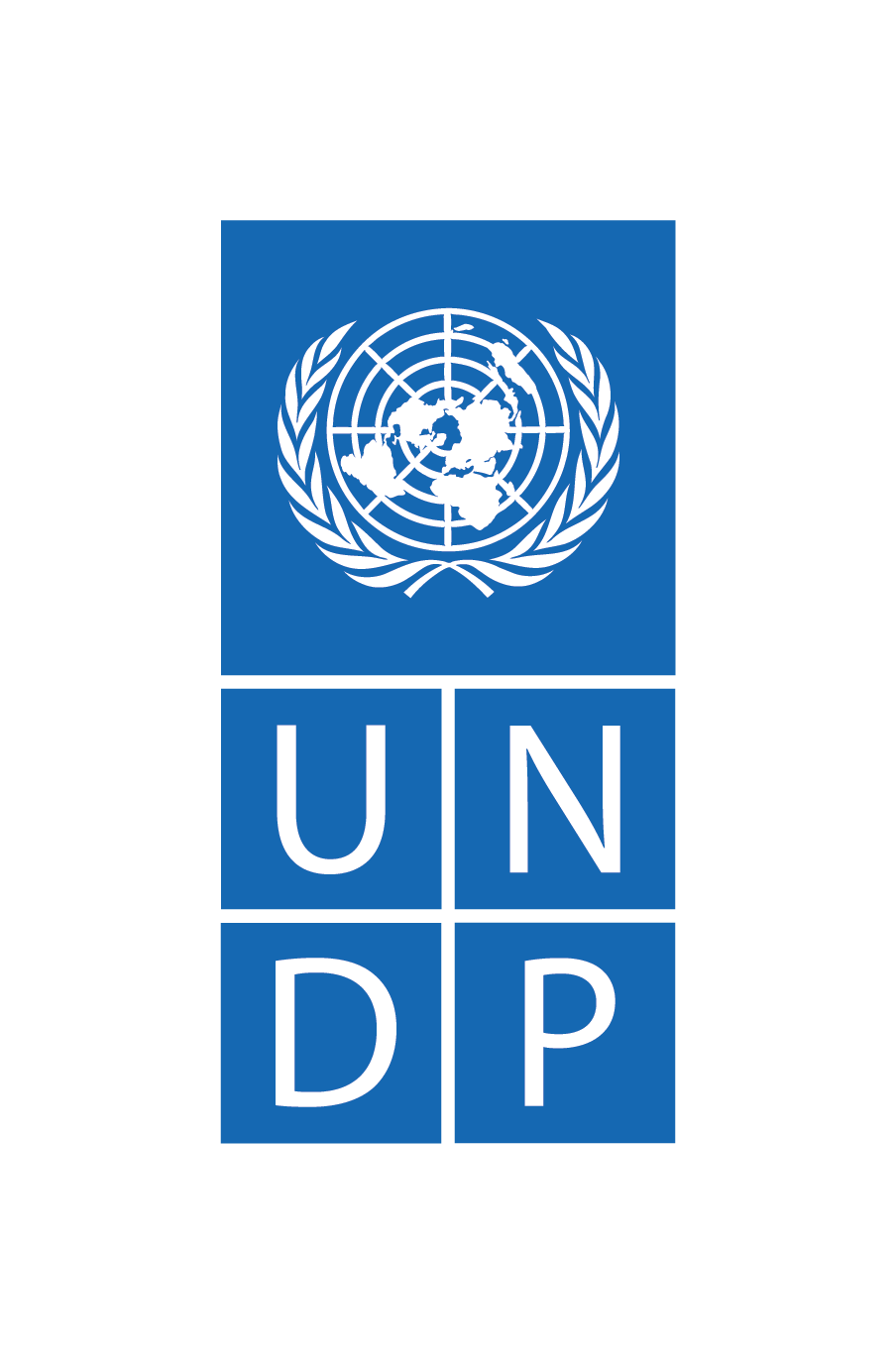Use of medicines and other health products
Purpose
Use of medicines entails the concept of ‘rational use’, pharmacovigilance, and waste management. Similarly, the appropriate use of diagnostics and laboratory devices is linked to the respect of the international guidance on condition of use, and other aspects such as installation, calibration, training and maintenance plans for more complex diagnostics.
“The rational use of drugs requires that patients receive medications appropriate to their clinical needs, in doses that meet their own individual requirements, for an adequate period of time, and at the lowest cost to them and their community.”
World Health Organization
The World Health Organization advocates the following key interventions to promote more rational use:
- establishment of a multidisciplinary national body to coordinate policies on medicine use;
- use of clinical treatment guidelines;
- development, regular update and use of national essential medicines list, in line with clinal guidelines;
- regular availability of timely and accurate inventory data for informed decision-making;
- establishment of drug and therapeutics committees in districts and hospitals;
- inclusion of problem-based pharmacotherapy training in undergraduate curricula;
- continuing in-service medical education as a licensure requirement
- supervision, audit and feedback;
- use of independent information on medicines to health care providers;
- public education about use of medicines;
- avoidance of perverse financial incentives;
- use of appropriate and enforced regulation;
- sufficient government expenditure to ensure continued availability of essential medicines and staff.
Source: World Health Organization (2002). Promoting Rational Use of Medicines: Core Components – WHO Policy Perspectives on Medicines. No. 005.
UNDP’s approach
While the World Health Organization (WHO) is the lead agency mandated to provide technical assistance in the area of rational use of medicines and pharmacovigilance, UNDP’s service level agreements with governments to strengthen pharmaceutical management can include aspects related to rational use and pharmacovigilance. UNDP can also support the strengthening of the regulatory agencies and systems in regulating, controlling and monitoring the use of authorized medicines in the countries. As part of national strategic laboratory plans, UNDP has solid experience in contracting for installation, calibration and maintenance services of complex diagnostics for tuberculosis and HIV.
For countries funded by the Global Fund to Fight AIDS, Tuberculosis and Malaria (Global Fund), and according to the Global Fund policies for procurement and supply chain management, UNDP supports the rational use of medicines by ensuring that countries follow WHO evidence-based treatment guidelines. The WHO guidelines recommend the use of the most appropriate and evidence-based medicines, including the indication of formulation, dosage, administration route and treatment duration.
Pharmaceutical management support includes the prescribing and dispensation of medicines and checking patient adherence to treatment measures and resistance surveillance. Patient adherence to treatment is normally assessed routinely within health programmes and during external national programme reviews. Notification of adverse drug reactions is promoted within national pharmacovigilance systems.
Similarly, for diagnostics and other health products, the correct use is ensured by adopting WHO guidance and recommendations for use at different levels of the health system. UNDP can support the development of strategies for improving adherence to treatment. For diagnostics technologies, UNDP supports countries to install, calibrate and set up a maintenance plan for equipment and train staff on this. In Zimbabwe, for example, UNDP provided technical assistance to the National Regulatory Agency to upgrade the national pharmacovigilance system from a paper-based to an electronic system for reporting adverse drug reaction.
UNDP’s approach to the optimal use of health products includes upfront reduction of waste by engaging with manufacturers to optimize packaging, e.g. carton-less bottles, and working on waste management including for specific pharmaceutical categories.
Key resources
Resources on rational use:

Promoting Rational Use of Medicines: Core Components- WHO Policy Perspectives on Medicines, No. 005
World Health Organization
WHO has defined core components for the rational use of medicines, which shall be applied across all medicine categories.
PDF

Promoting Rational Use of Medicines
World Health Organization
WHO resource material on rational drug use can be accessed on this webpage.
Website

Managing for Rational Medicine Use MDS-3: Managing Access to Medicines
Management Science for Health
Additional information on the irrational use of medicine, its adverse impact and underlying factors, as well as strategies to improve rational use, can be found in this resource.
PDF
Resources on pharmacovigilance:

The Safety of Medicines in Public Health Programmes: Pharmacovigilance an Essential Tool
World Health Organization
PDF

The WHO Minimum Requirements for a Functional Pharmacovigilance System
World Health Organization
PDF

WHO: Pharmacovigilance Indicators:
A Practical Manual for the Assessment of Pharmacovigilance Systems
World Health Organization
PDF

Medicines safety publications
World Health Organization
Website
